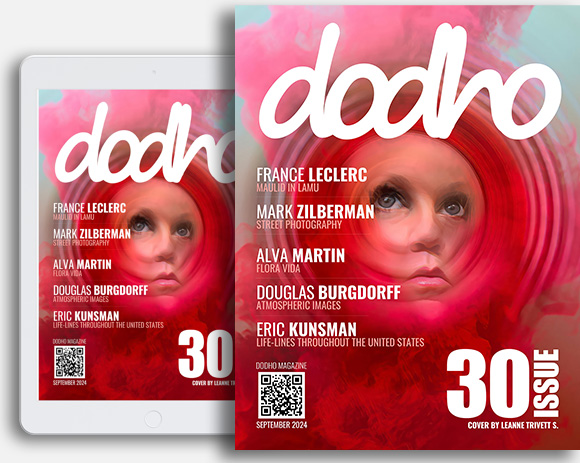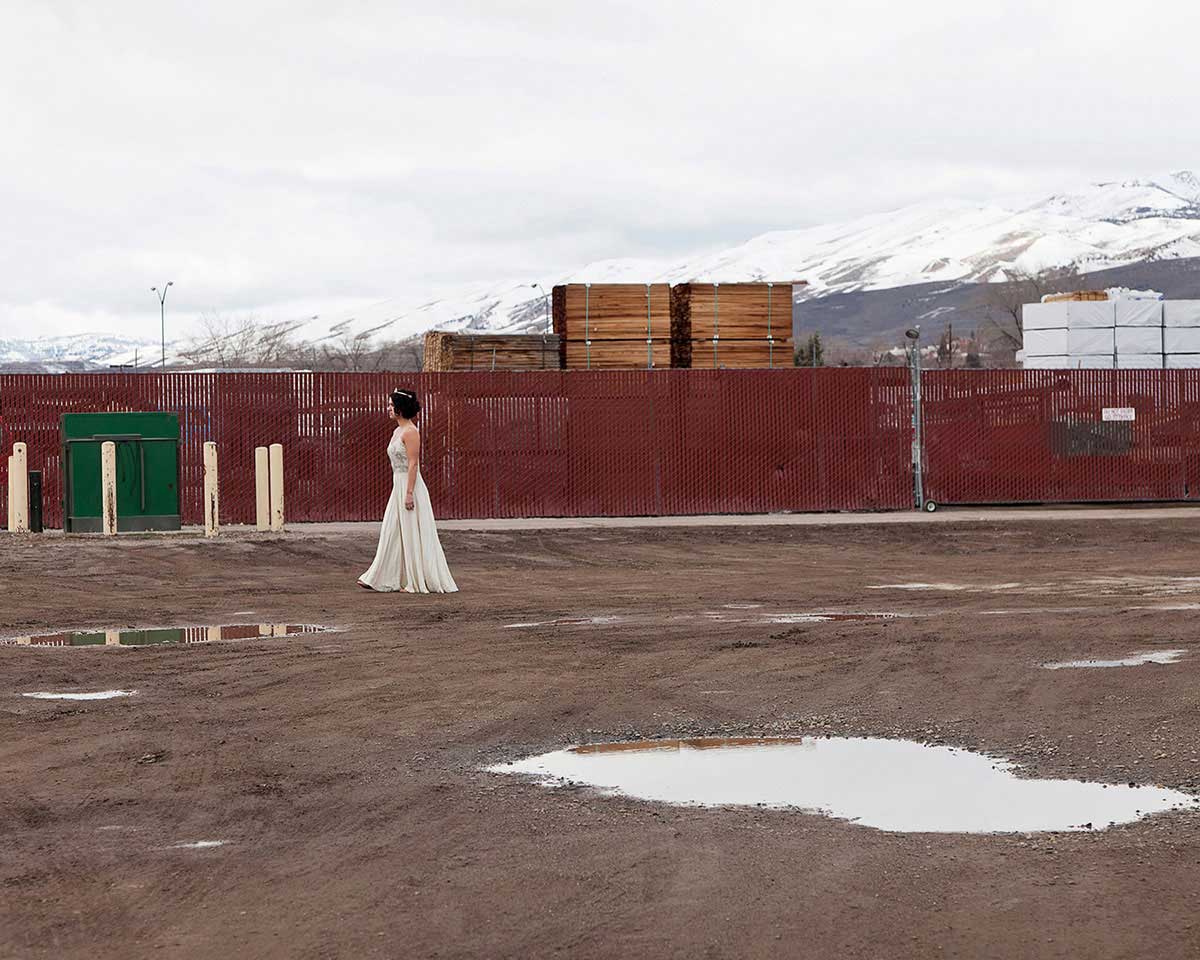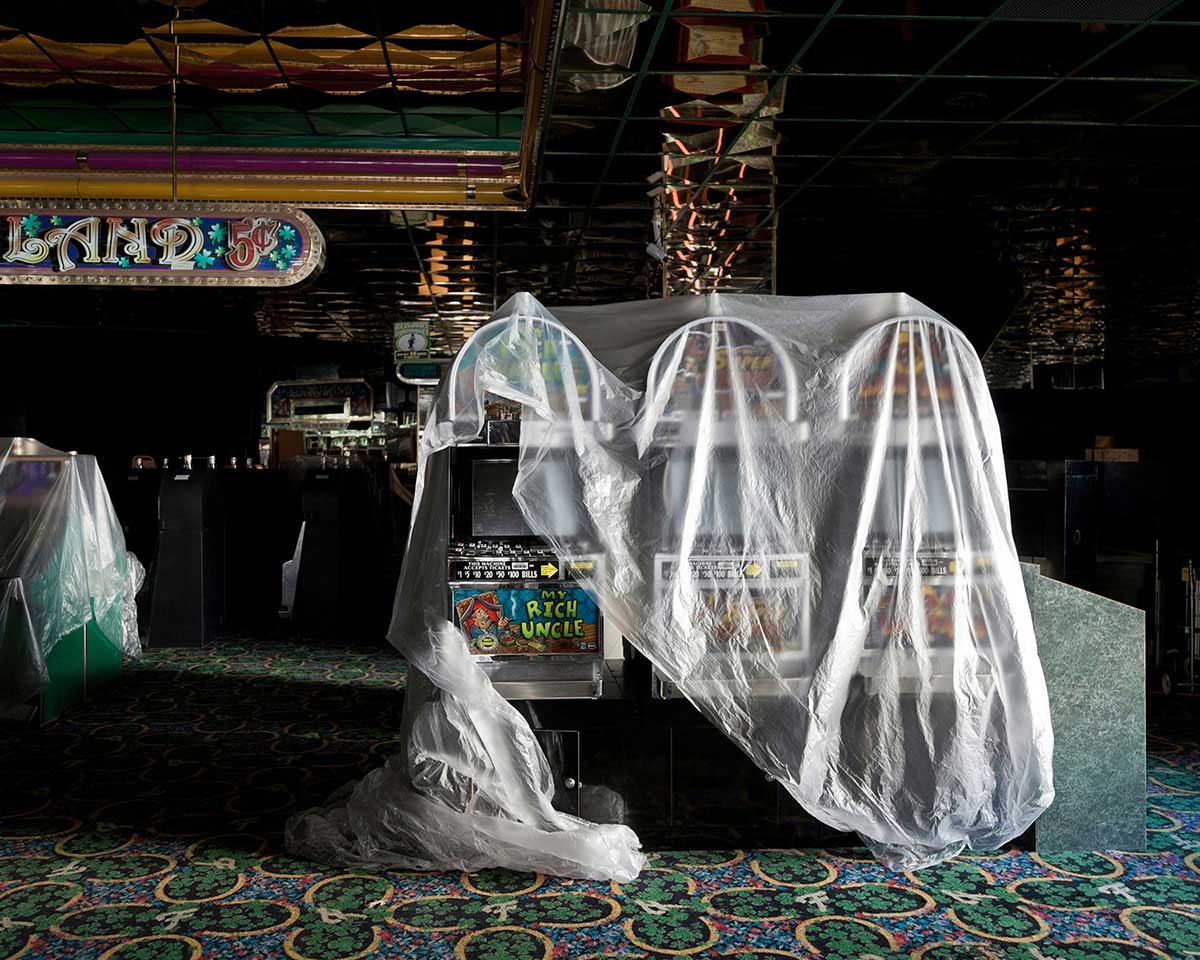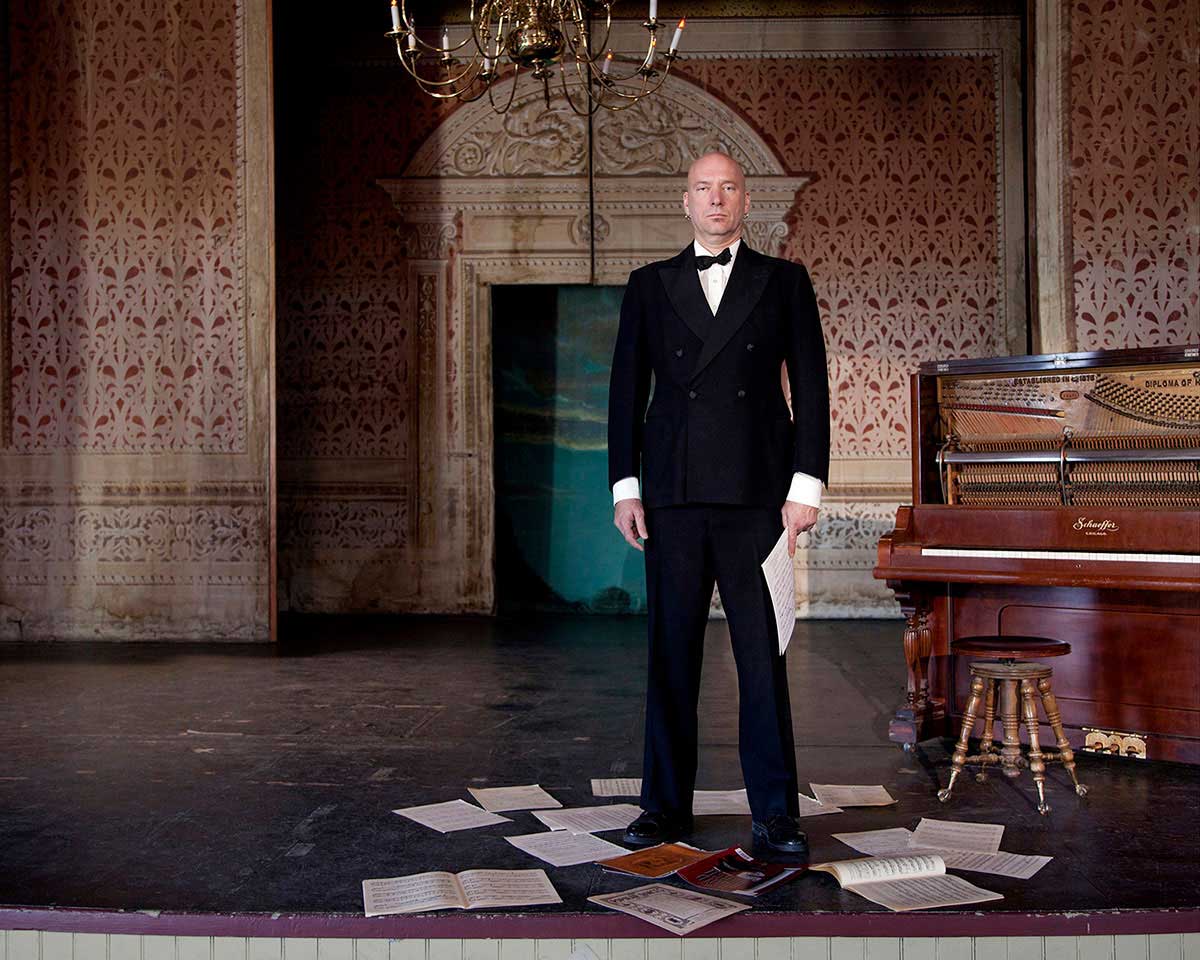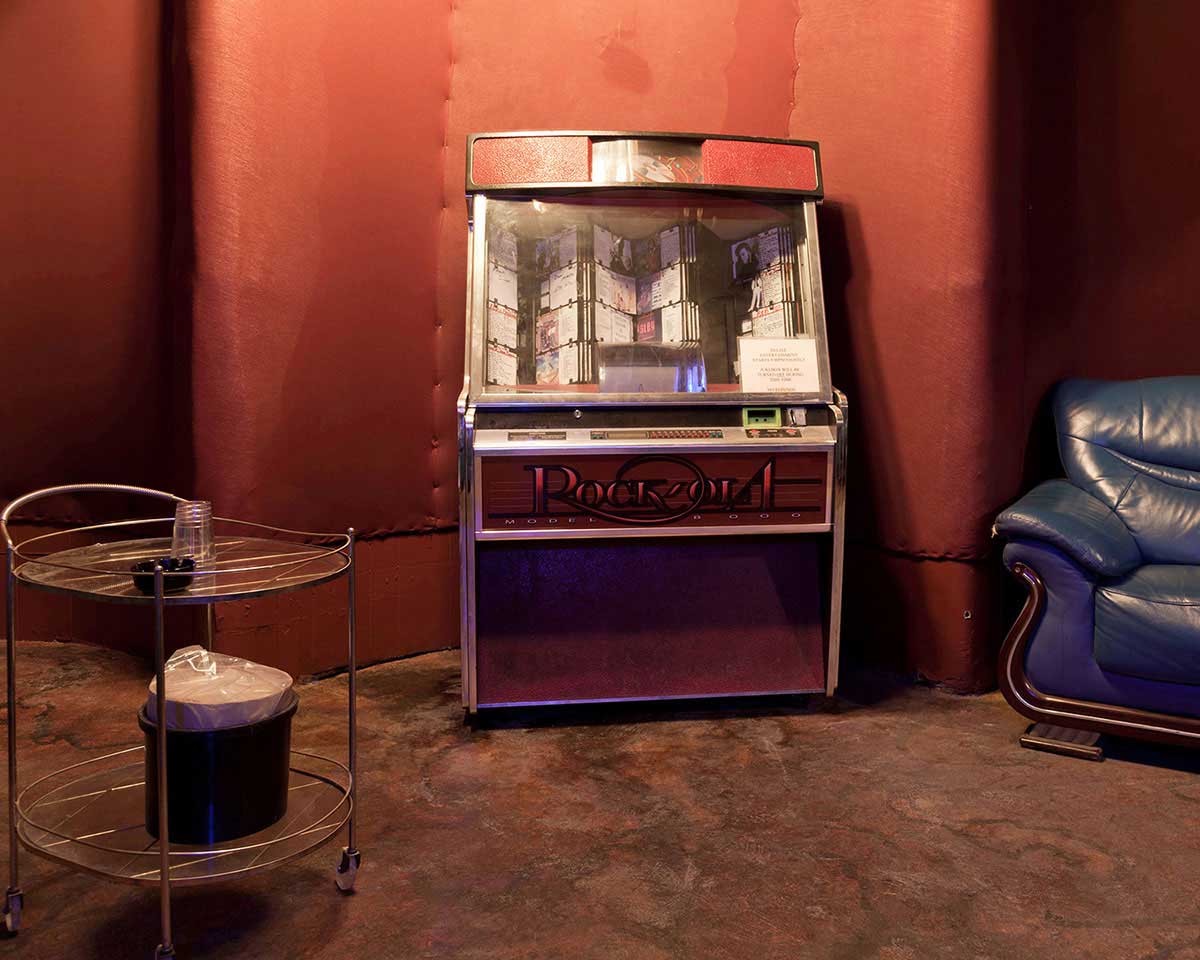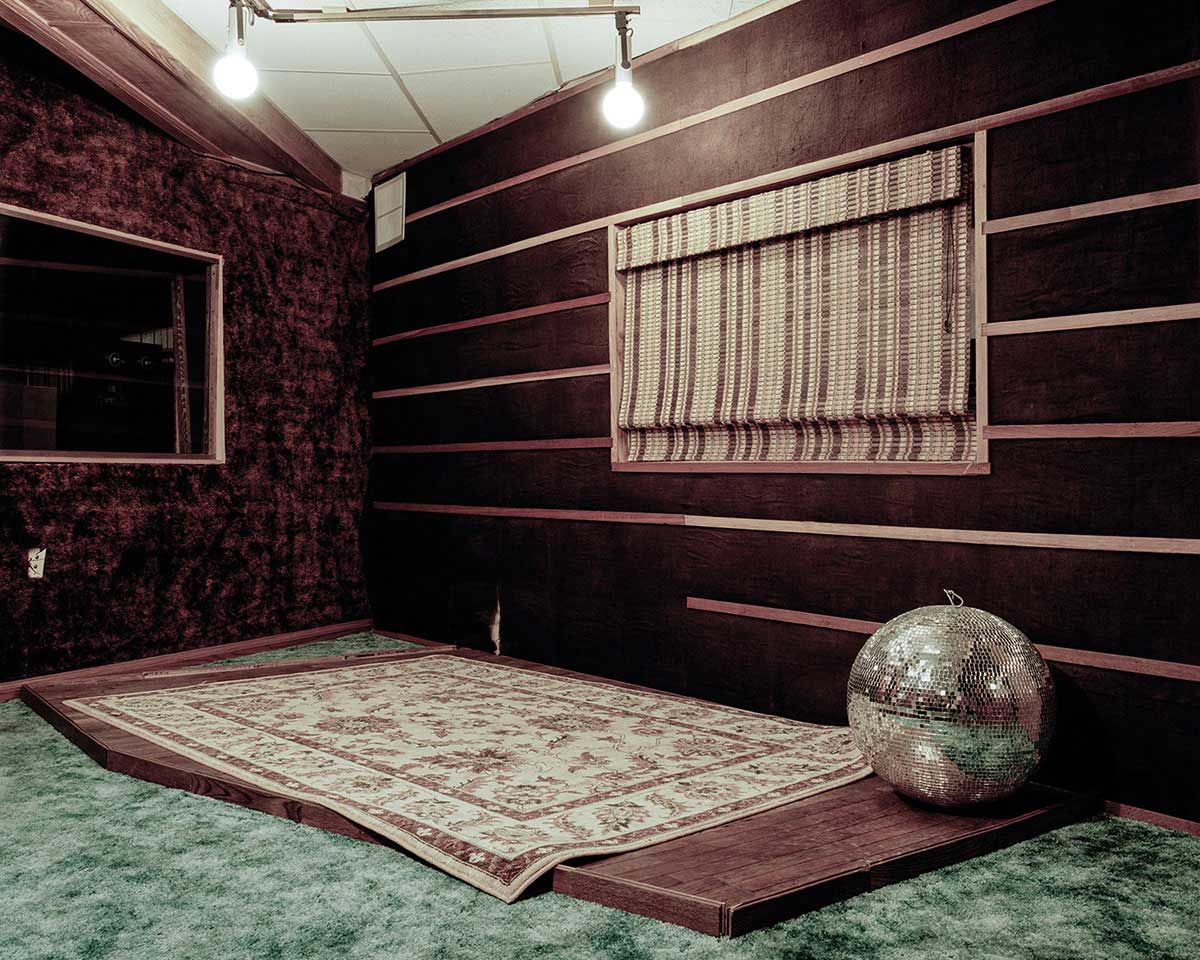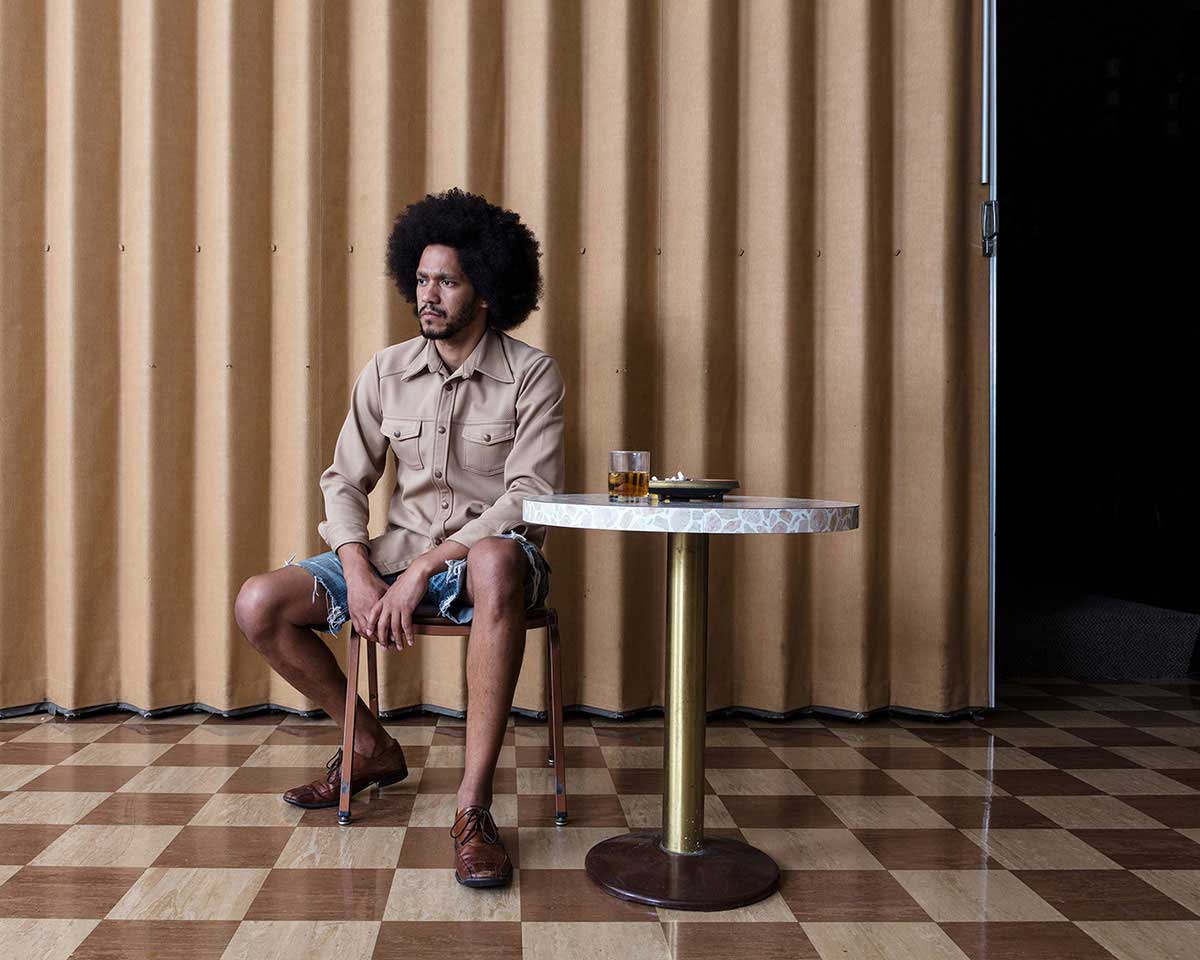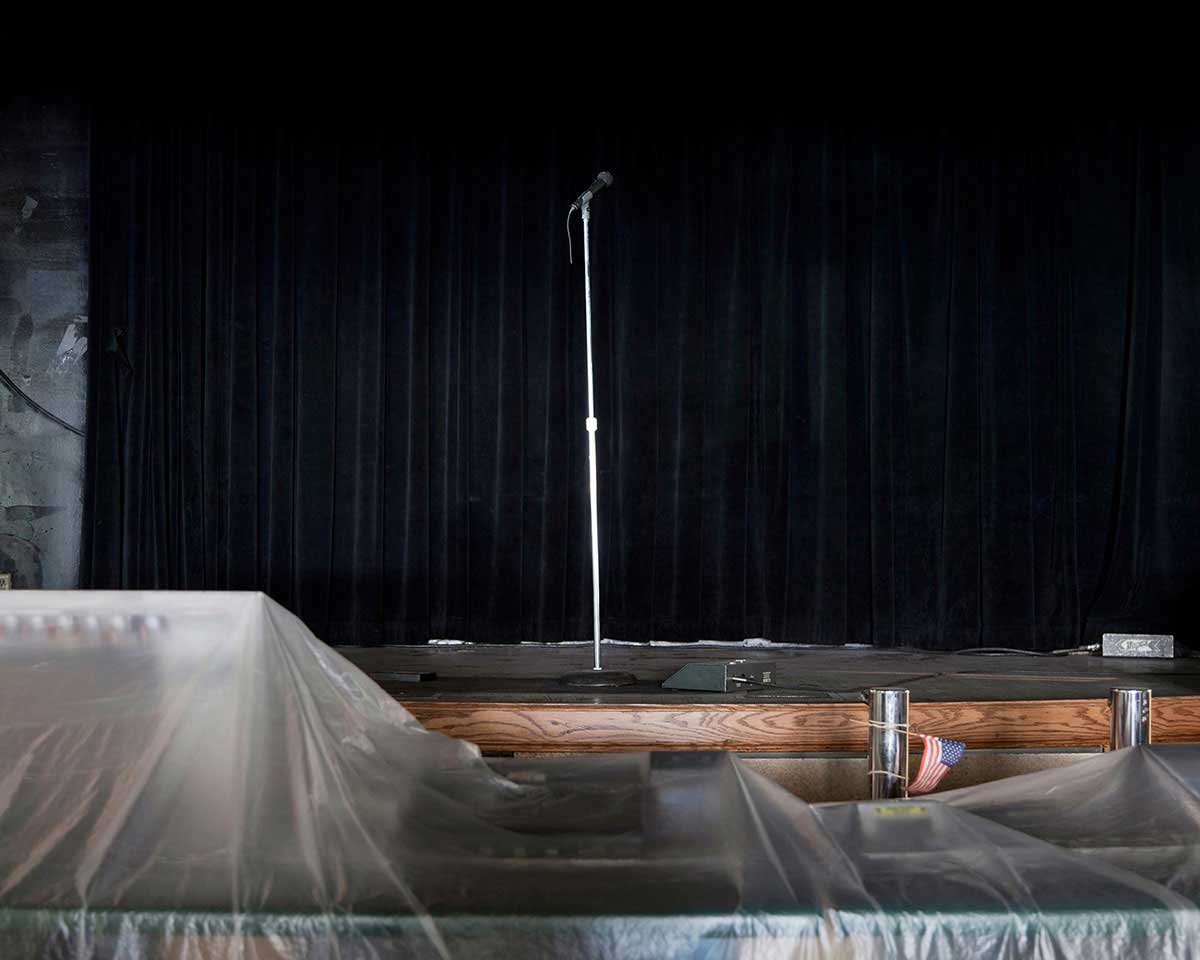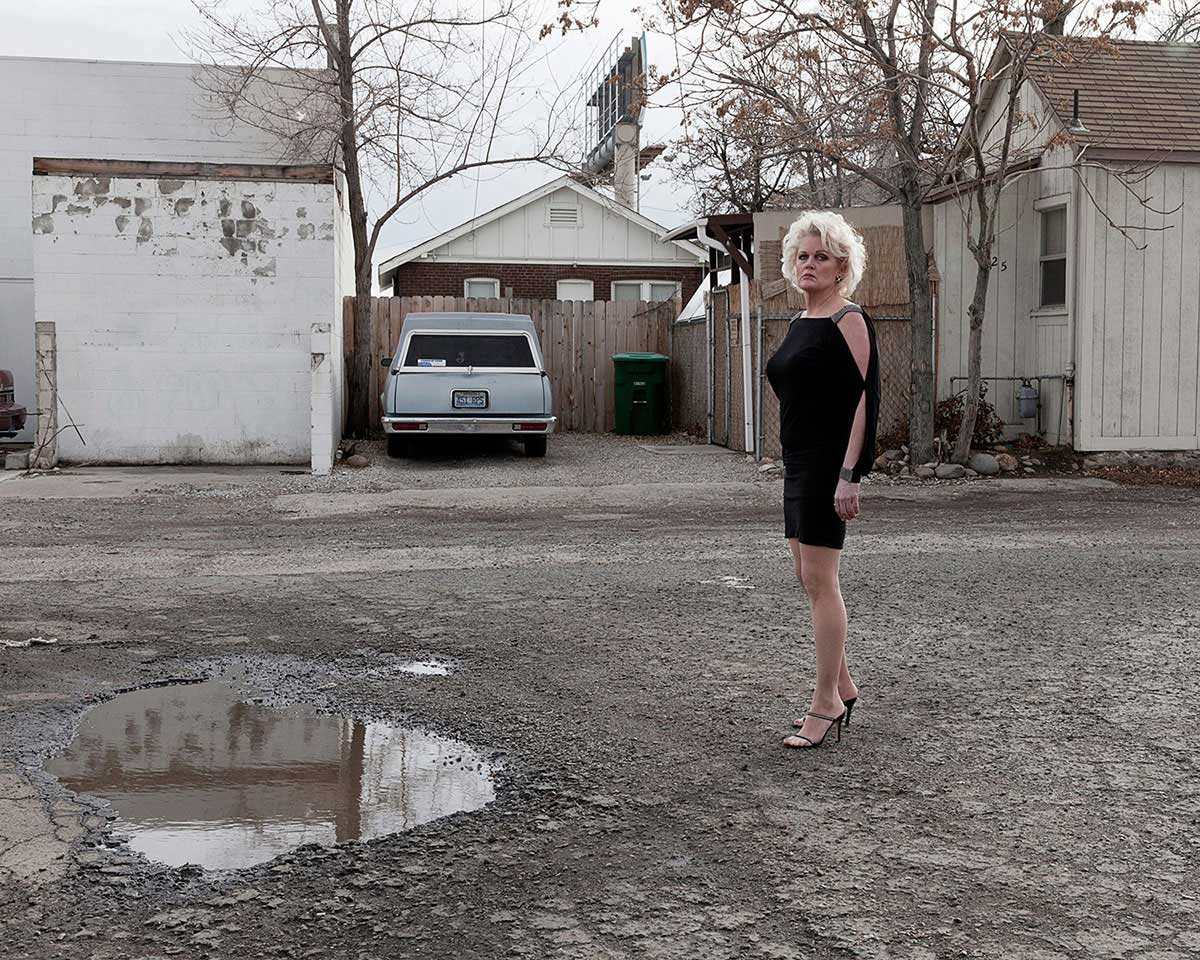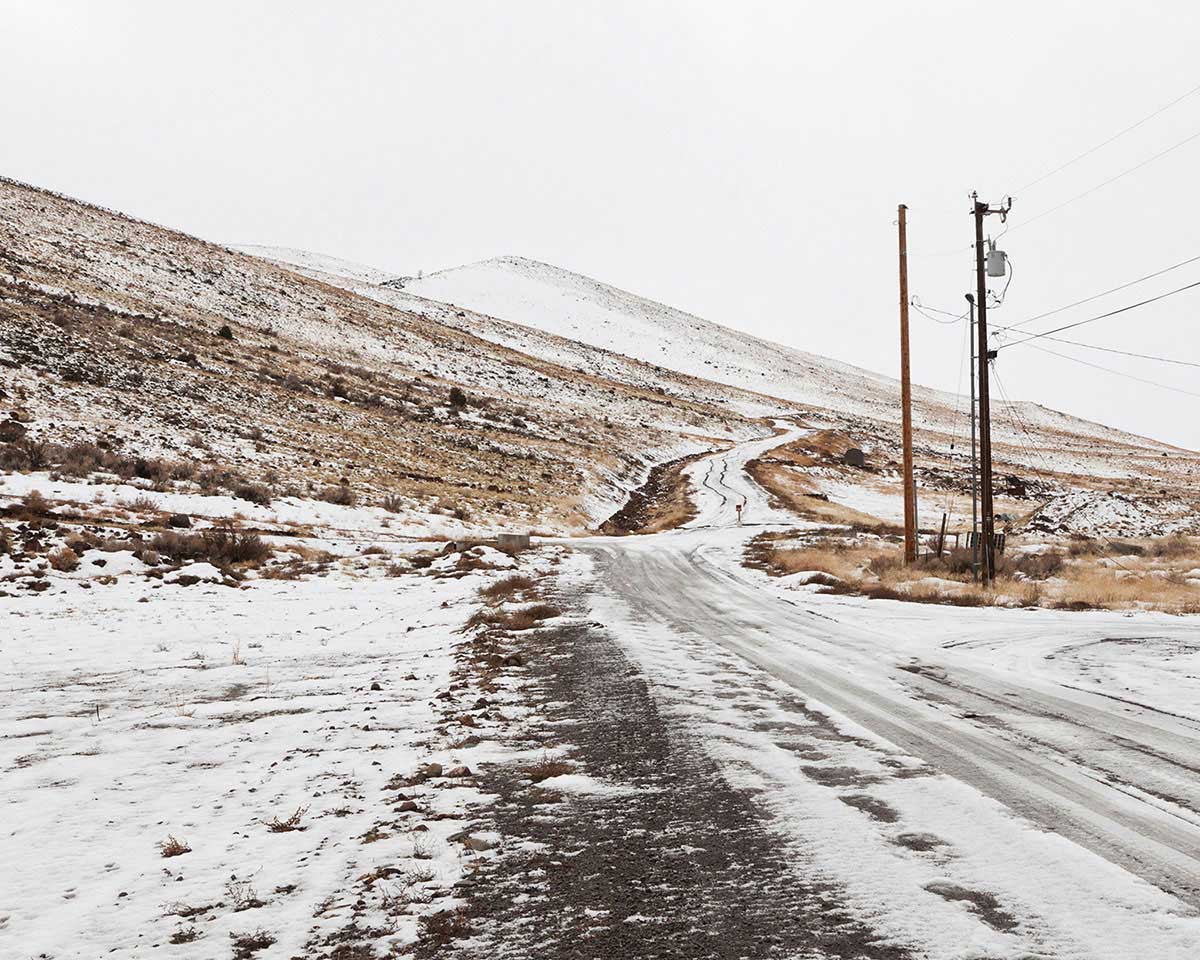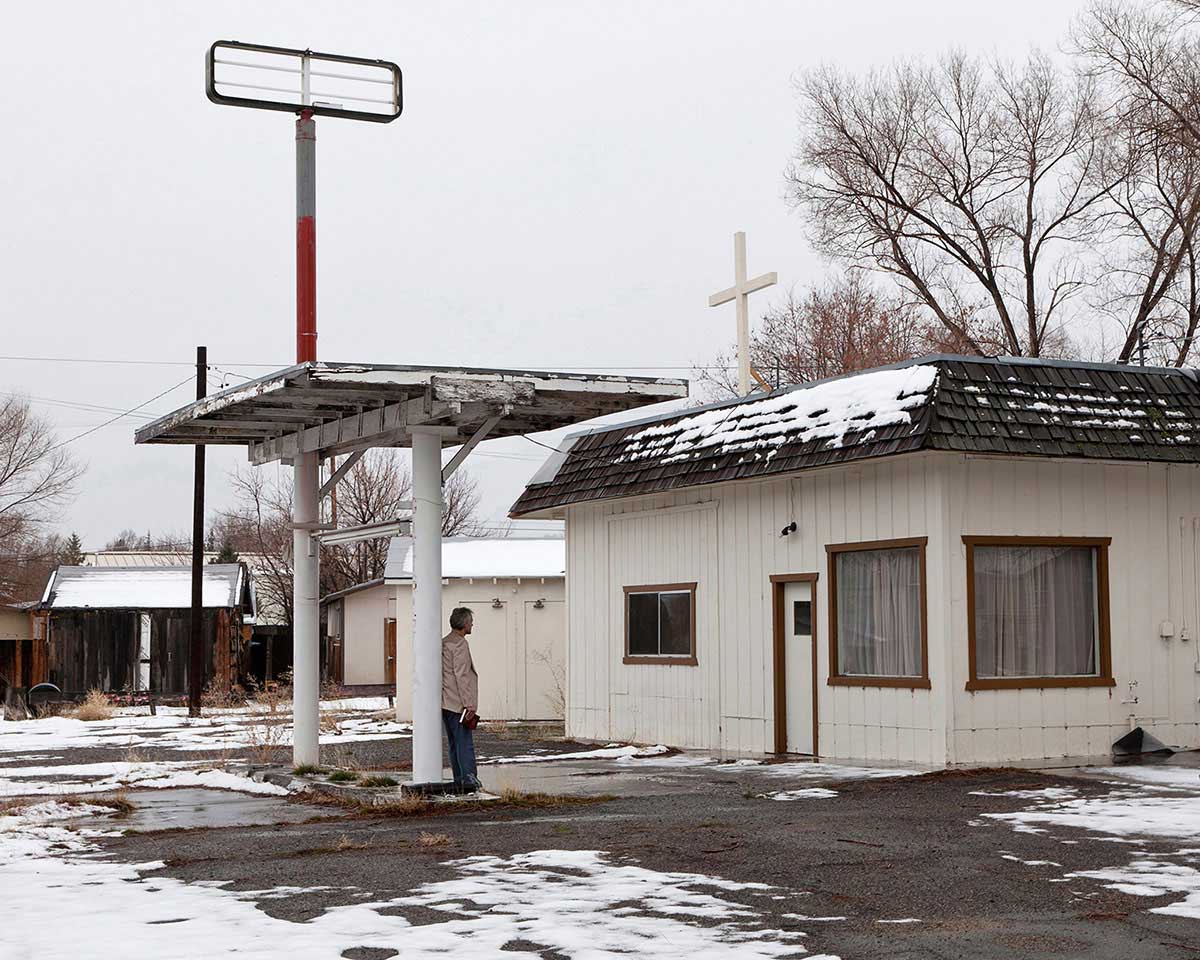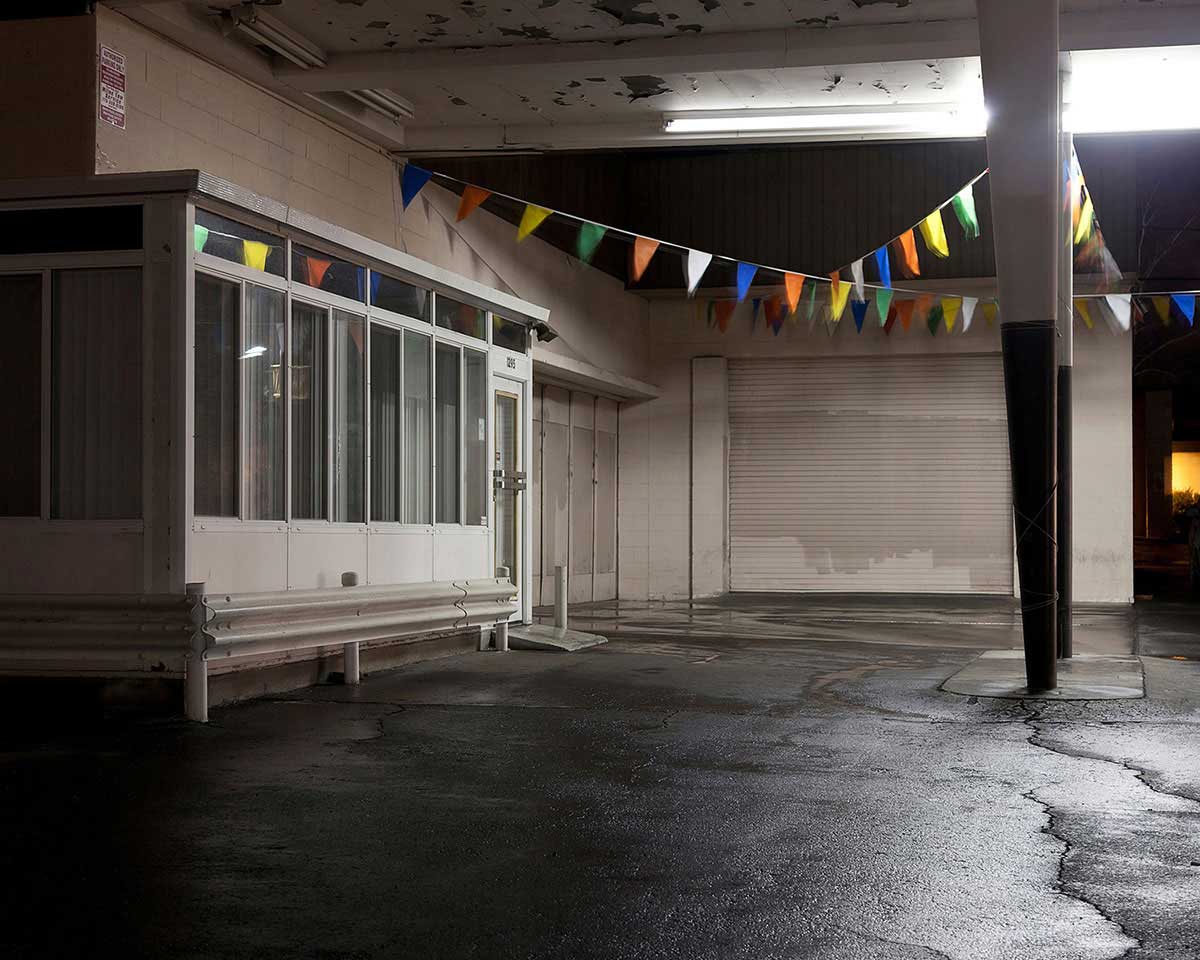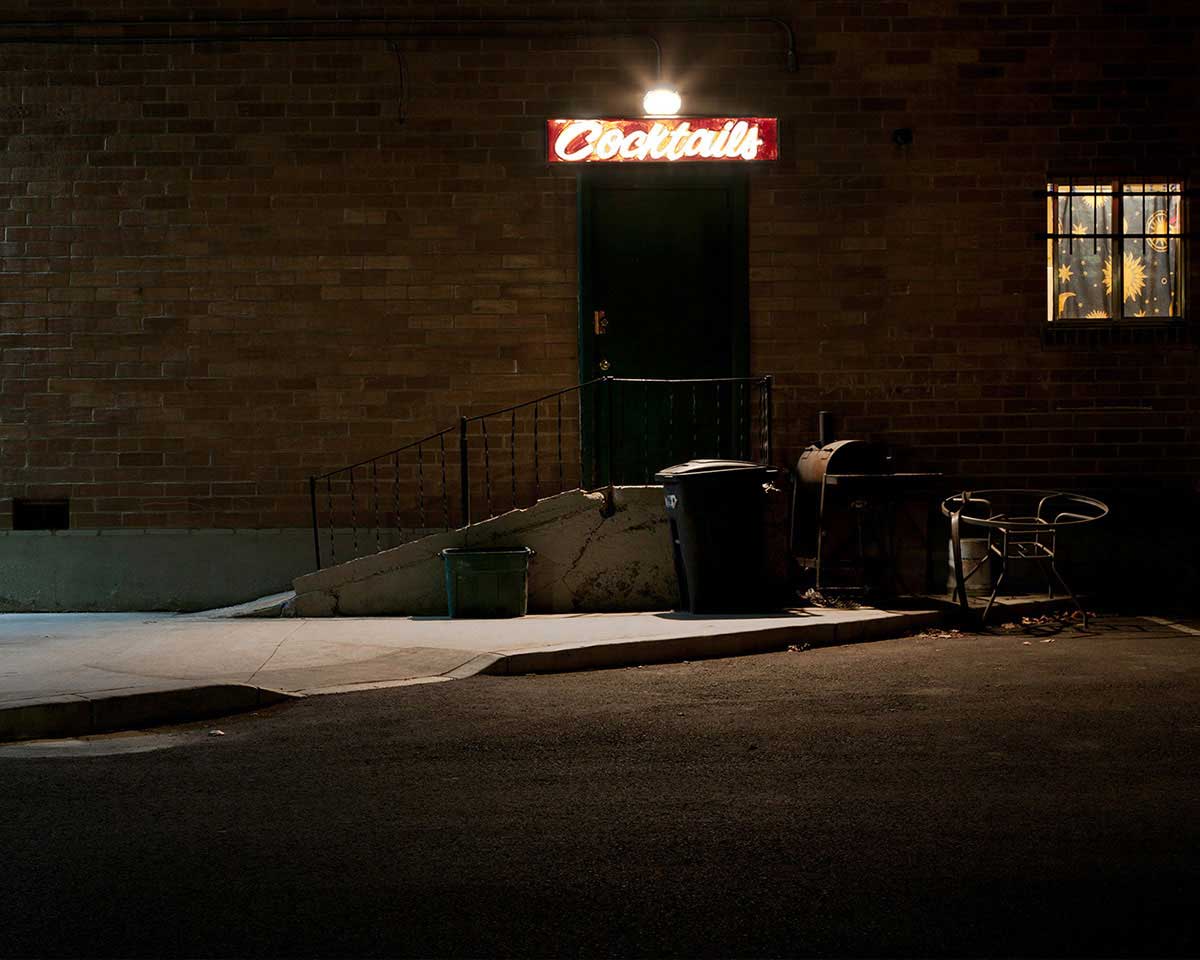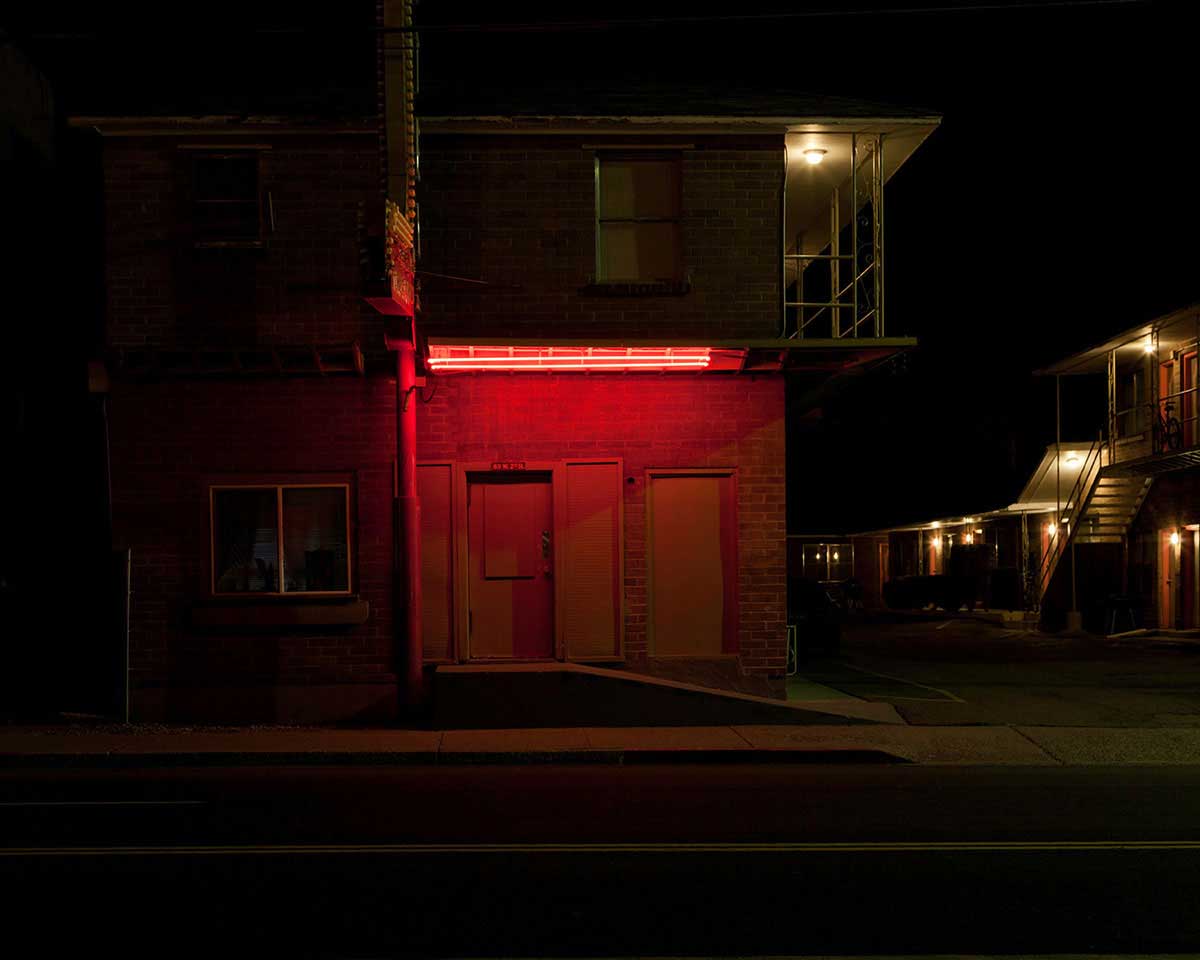Reno embodies ideas of Western idealism, the frontier spirit, transience, and the gambler’s impulse to risk everything for the chance at a better life.
It was founded as a toll, a passage across the Truckee River, and on silver from the Comstock Lode. A pioneering town that has never abandoned its traditions of boom and bust; Reno is a place of gambling, drinking, and legalized prostitution. It was once known as the divorce capital of America, attracting glamorous prospective divorcees from around the country who established residency just long enough to untie the knot. Even in its brush with glamour Reno remained true to the profane. It was and is a place of extremes, where mediocrity is traded in for a chance at the exceptional. A transient space made up of transients, Reno is a place of dreams and deviation, a place to forget the past and look toward a better future, a place you move to finally imagine a new beginning. And though most of the dreams are never realized and those that are quickly vanish, still it is the image of Reno as the quintessence of its failed myths that reverberates and entices.
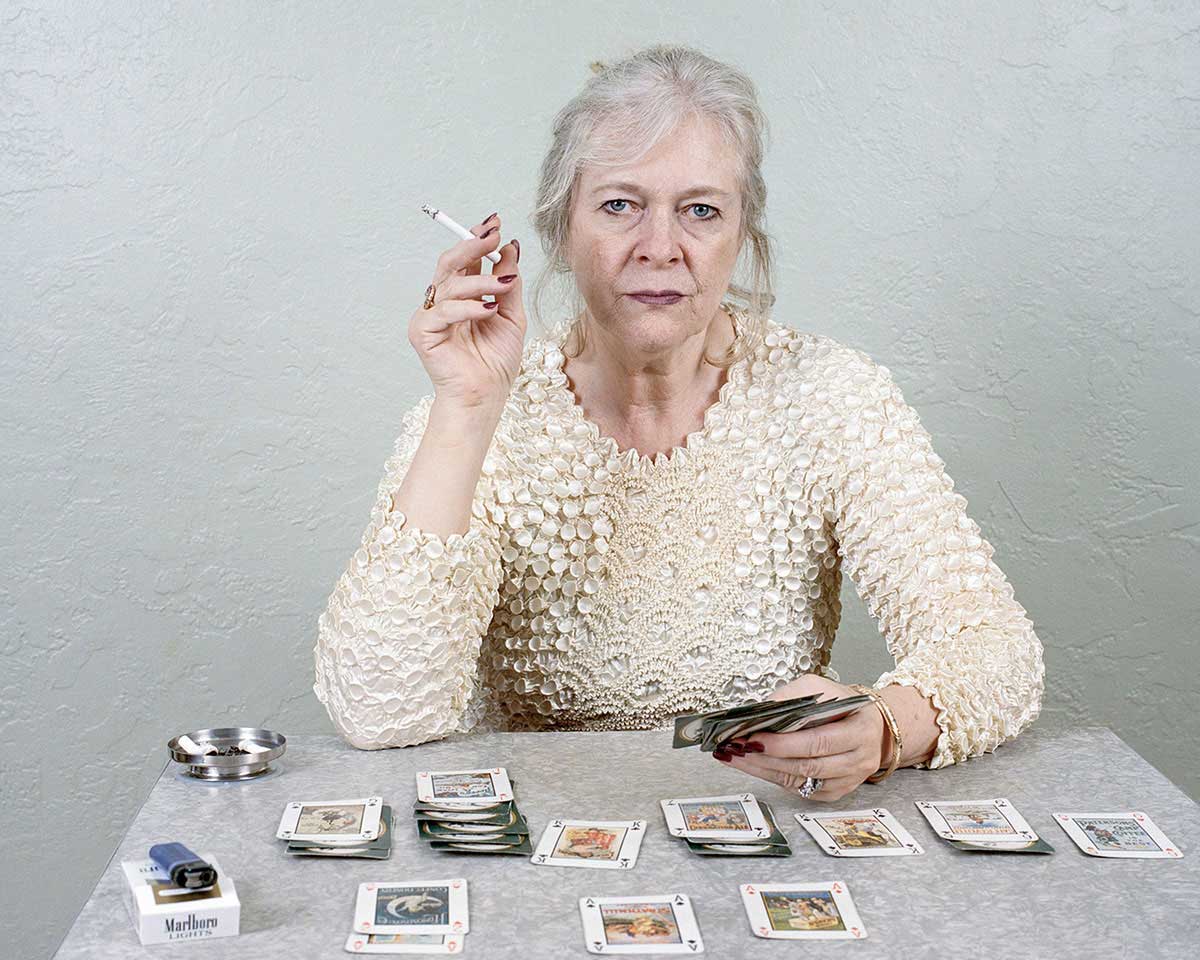
The Reno series is part of a larger project Imag[in]ing America.
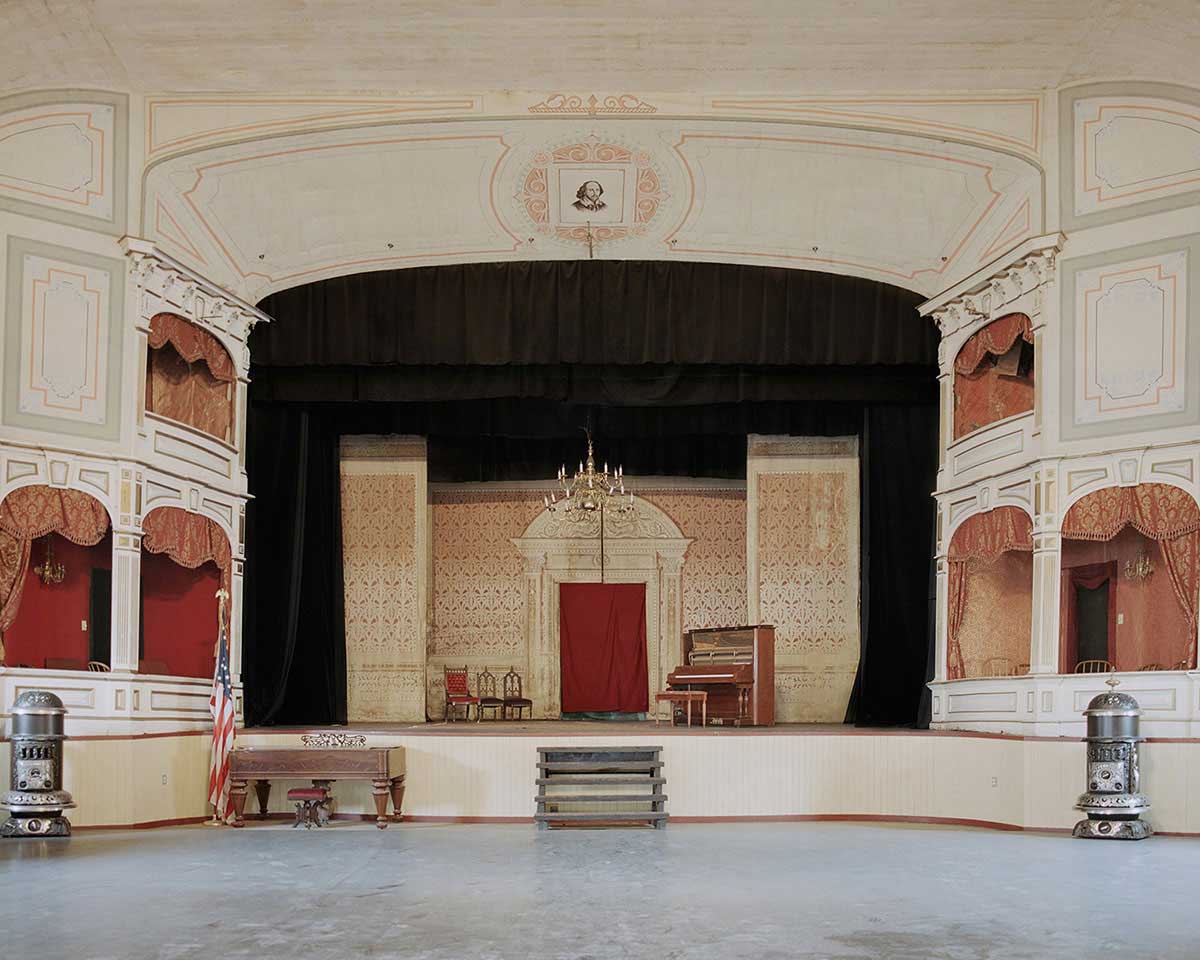
Our society treats place as a central identifying characteristic, second only to name and followed closely by profession. We all have a catalogue of images in our mind that we call upon when a city, town, or country’s name is mentioned and those images help us to form an opinion of place, and those we meet from there.
What is it that makes us ‘of’ a place? As a former American expatriate and one who has lived my adult life essentially placeless this is a central question in my work. In my ongoing project Imag[in]ing America, I am interested in investigating national, regional, and local identities as well as ideas of otherness as they relate to place and documentary photography in America.
Photographs have the ability to expand and compress time. They speak of what was, what is, and what will be. We look to photographs to remember and often reenact what we see, pushing old images into the future. Imag[in]ing America depicts a series of locations in the United States as a residue of cultural memory, an inheritance. It is a metaphorical memoir, a narrative re-telling of facts and fictions and it is also a discovery of the dreamland that still is America.
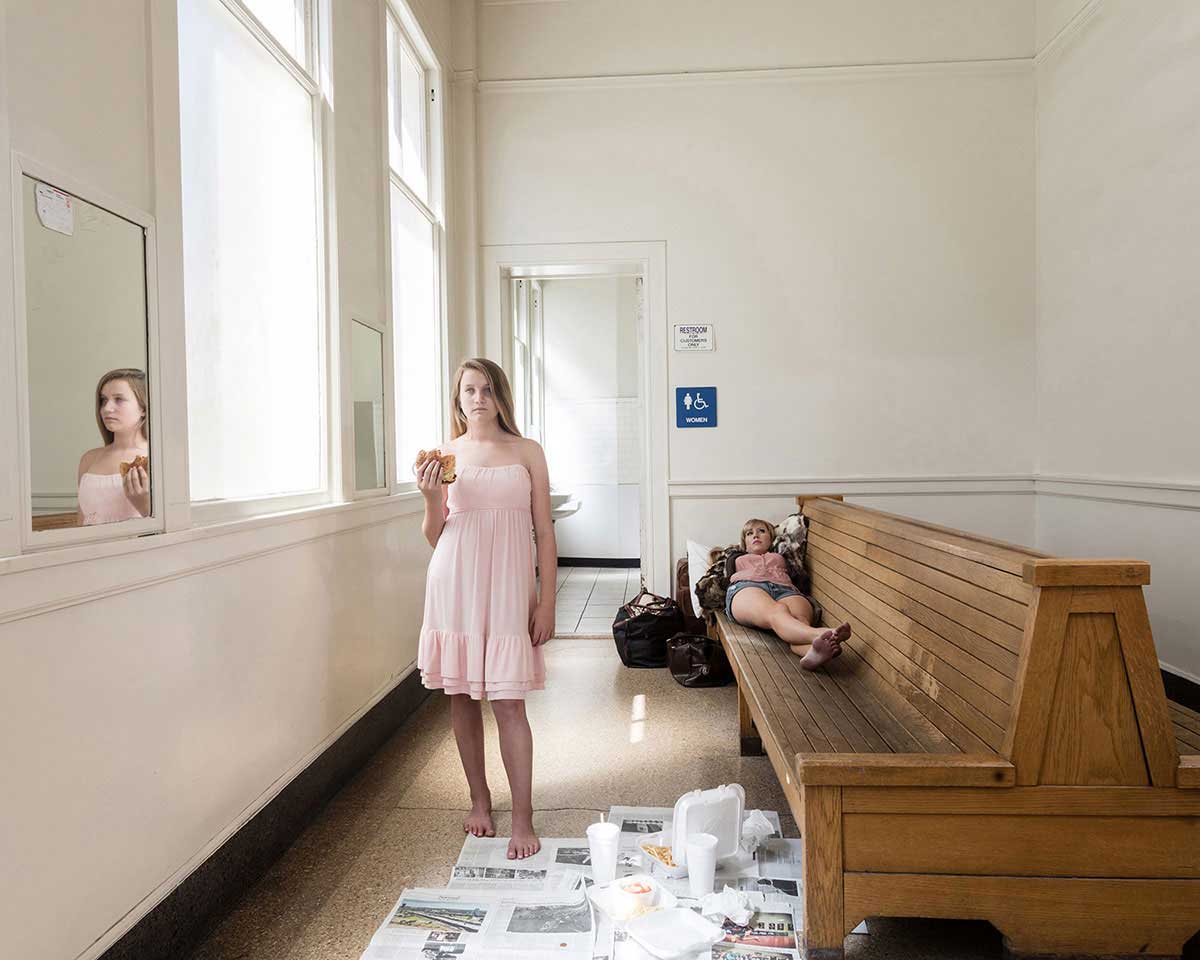
About Jennifer Garza-Cuen
Jennifer Garza-Cuen is a photographer from the Pacific Northwest. Currently Assistant Professor and director of the Photography program in the Department of Art+Design at Texas A&M University-Corpus Christi, she received her MFA in photography and MA in the History of Art and Visual Culture from the Rhode Island School of Design in 2012. Her BA in comparative literature was completed at the American University in Cairo. During both years of her attendance at RISD, she received the RISD-GS competitive grant. She was also awarded the Daniel Clarke Johnson, Henry Wolf, and Patricia Smith Scholarships as well as the Dean of Graduate Studies and Photography Department Fellowships. Additionally, she has received fellowships to attend residencies at The Robert Rauschenberg Foundation, Light Work, Ucross, Oxbow, Hambidge, Brush Creek, and the Vermont Studio Center. Public collections include Light Work, The Do Good Fund, the New Mexico History Museum, Rauschenberg Foundation and The Rhode Island School of Design. Her work has been exhibited nationally and internationally and published in contemporary photographic journals such as Dear Dave, Contact Sheet, Musée, Blink, PDN, Der Greif, The Photo Review, and Conveyor as well as on-line journals such as i-D, Feature Shoot, Aint-Bad, Fubiz, iGNANT, Dazed, and Juxtapoz. [Official Website]


